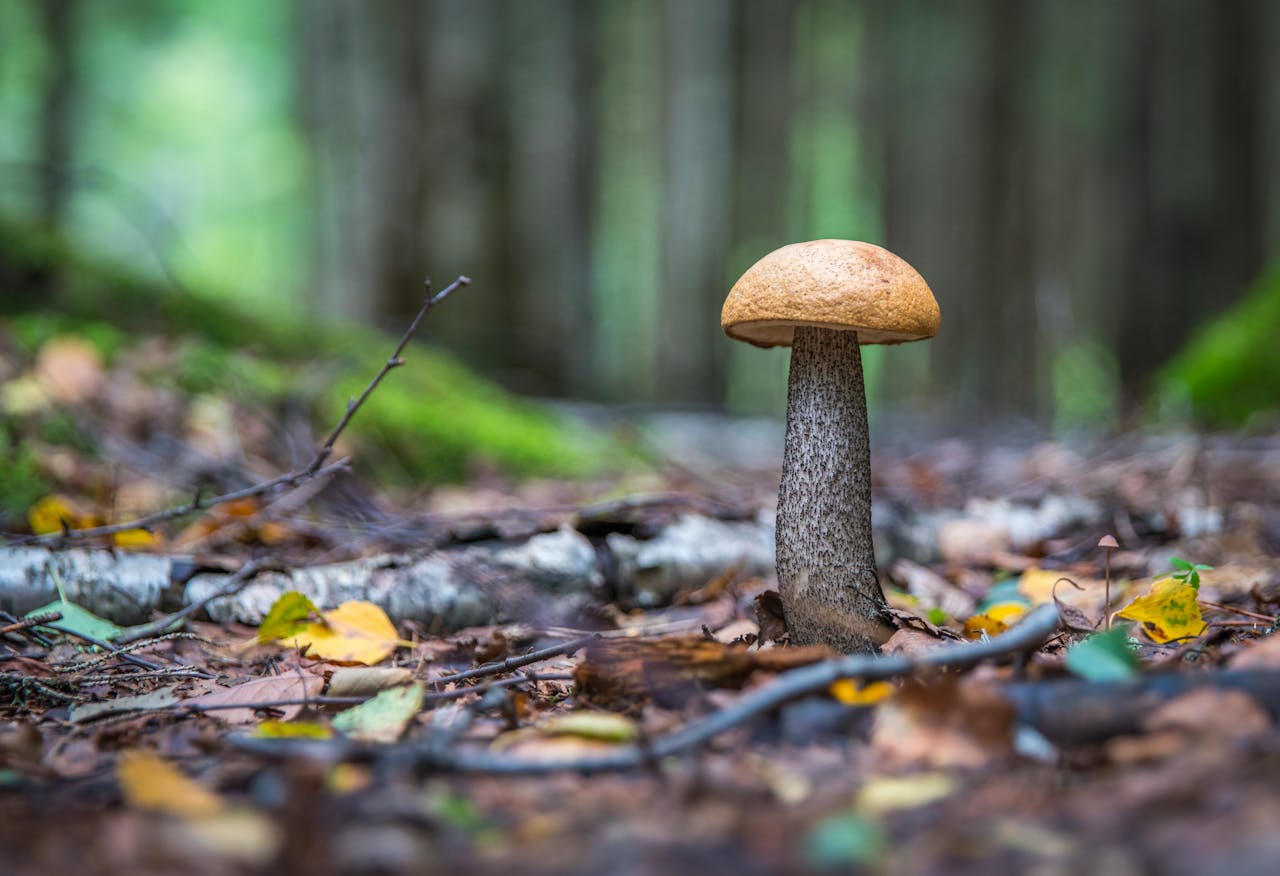Health
DOH-CAR cautions vs eating wild mushrooms after poisoning cases

Lonogan said there are 11 cases of poisoning involving 34 people from four municipalities in Benguet and five in Mountain Province recorded from May 21 to June 27. (Pexels Photo)
By Liza Agoot, Philippine News Agency
BAGUIO CITY – The Department of Health (DOH) on Thursday reiterated its call against eating wild mushrooms after 24 people in Mountain Province and Benguet were hospitalized for unknowingly consuming poisonous mushrooms.
“Mas maganda po na iwasan na lang natin ang pagkuha ng wild mushrooms sa paligid lalo kung di naman tayo sigurado na hindi poisonous (It is better to avoid picking wild mushrooms especially if we are not sure if they are not poisonous),” Karen Lonogan, Development Management Officer (DMO) IV and chief of the Regional Epidemiology and Services Unit (RESU) of the Department of Health-Cordillera Administrative Region (DOH-CAR), told the Philippine News Agency.
Lonogan said there are 11 cases of poisoning involving 34 people from four municipalities in Benguet and five in Mountain Province recorded from May 21 to June 27.
Of the 34 victims, 25 were admitted in different hospitals while others were sent home after receiving immediate treatment.
“Fortunately, wala pong binawian ng buhay dahil nadala sila agad sa medical facility at nalapatan ng agarang lunas (fortunately there was no casualty because the victims were immediatley brought to medical facilities where they received immediate treatment),” Lonogan said.
Earlier, both the DOH and the Department of Agriculture (DA) Cordillera offices cautioned the public against harvesting wild mushrooms due to records of food poisoning.
Both agencies urged the public to buy directly from those who culture mushrooms or from shops that sell the cultured ones.
Mushrooms abound in fields and forests during the rainy season.
The DOH-CAR in its earlier public advisory said mushrooms that are not edible contain toxins that target the gastrointestinal system and nervous system with symptoms ranging from allergic reactions to abdominal pains, nausea, diarrhea, vomiting, hallucinations and behavioral changes.
The symptoms occur 30 to 60 minutes after eating the so-called magic mushrooms while ingestion of the toadstool mushroom will have symptoms within 30 to 120 minutes.
The DOH said severity of the symptoms may depend on the species, toxins and the amount ingested, thus the treatment varies on the symptoms.
“Not all poisonous species are brightly-colored. Most if not all parts of the poisonous mushrooms are toxic. Poisonous mushrooms may grow on land or wood, some poisonous mushrooms have toxins that can be tolerated by certain animals or insects. Boiling, drying, salting, or removing certain parts of a poisonous mushroom will not detoxify it and not all mushrooms smell or taste horrible,” the DOH advisory said.





















